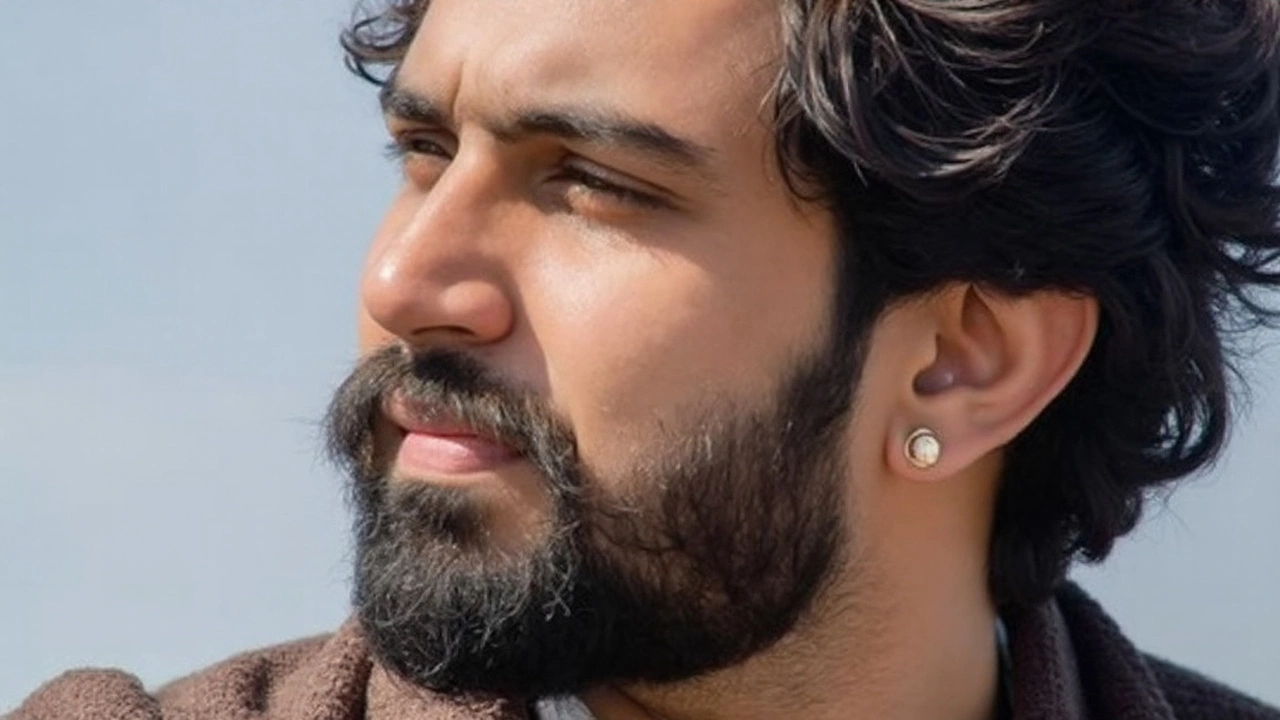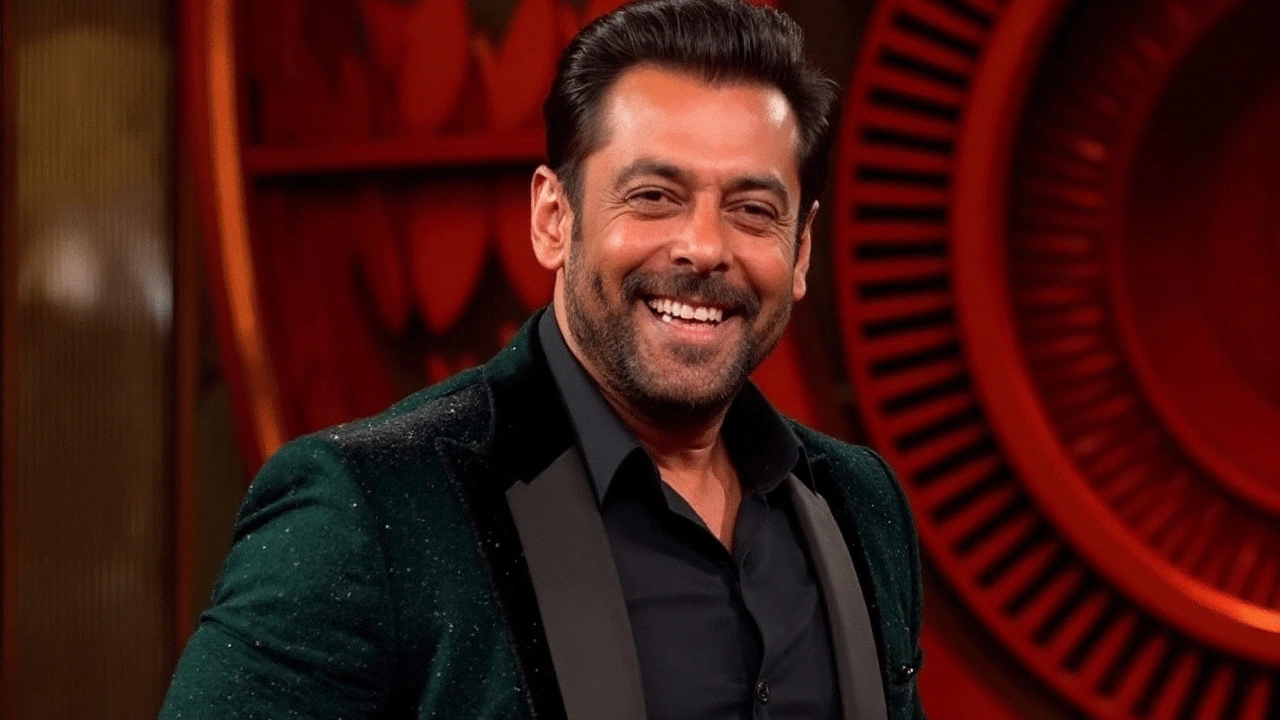
A private heartbreak made public
A chart-topping composer says a family blocked his future because they believed he was the wrong religion. In a candid chat with host Siddharth Kannan, Amaal Mallik shared that a five-year relationship collapsed when his then partner’s parents said, in essence, “You are Muslim and we are Jaat—marriage won’t happen.” He also said his work in Bollywood was held against him.
The relationship ran from 2014 to 2019. According to him, the pushback came on two fronts: his perceived Muslim identity and the stigma her family attached to the film industry. He described how the objections hardened over time, until the couple had no path forward that included family consent.
The most intense moment arrived on the eve of her arranged marriage to someone else. He was about to go on stage when she called, told him she would elope if he came, and waited for his answer. He said he turned down the offer, likening it to a Dilwale Dulhania Le Jayenge moment—a choice to walk away if parents could not accept his faith background or his profession. He wished her well and went on with the show.
He also tried to set the record straight on who he is. His father, veteran music figure Daboo Malik, is Muslim. His mother is a Saraswat Brahmin Hindu. He stressed that he doesn’t strictly follow any faith. He calls himself spiritual, says he believes in karma, and drops by Mumbai’s Mount Mary church when he feels low. The point, he said, is that he grew up respecting all religions and doesn’t see himself through a single label.
The breakup collided with work. He said the year was an emotional grind, and the timing lined up with the intense phase around Kabir Singh’s music rollout. While the film’s songs were everywhere, he was grieving in private. That contrast—professional momentum, personal loss—left a mark.
Once the interview clips spread, the internet did what it always does: rushed to frame the story. Some headlines claimed he had spoken against a community. He pushed back on social media, saying he hadn’t targeted anyone. As he put it, he was talking about his own choices as someone born to a Muslim father and a Hindu mother, and about one relationship that hit a wall.
This isn’t the first time he’s spoken about personal strain. He has earlier acknowledged rough patches within the family, and later said those issues were resolved. Here, too, he asked for a fair reading of his comments—no sensational spin, just the real timeline and what it cost him.

The bigger picture: interfaith love, family pressure, and the film industry
Interfaith relationships in India often run into old, stubborn barriers. The law allows marriage across faiths through the Special Marriage Act, but families still play a huge role. In its 2021 study on religion in India, Pew Research Center reported that many Indians prefer relatives marry within their faith, and a large share say it’s important to stop interreligious marriages in their community. That tension shows up in living rooms more than in courtrooms.
Bollywood doesn’t sit outside this reality. It has famous interfaith couples who’ve made it work, and it has quieter stories like this one, where love couldn’t bridge the gap. Families worry about very different things: religion, caste and community expectations, and the reputation of showbiz. The film world can look chaotic from the outside—late hours, rumors, job insecurity. Parents often read that as risk, not glamour.
When the word “Jaat” (often spelled Jat) came up in his account, it highlighted another layer. Community identities are strong, and family elders guard tradition. For some, marrying within the community feels non-negotiable. That doesn’t make every family the same. But it explains why two people can be aligned and still run aground when the larger circle says no.
The reaction to his interview tracked the usual split online. Supporters called it a brave tell-all about a social reality many know but rarely discuss publicly. Others urged caution, worried that a personal story could be read as a sweeping claim about any one community or faith. His follow-up note tried to keep the focus on that first part—this was his experience, not a blanket judgment.
Identity is messy for a lot of urban Indians raised in mixed-faith homes. Labels don’t always fit. Some people pick one tradition, others mix practices, and a good number step back from organized religion altogether. He put himself in that last group—more spiritual than religious, respectful of all faiths, tied to none.
There’s also the legal-social gap. Interfaith couples who choose the Special Marriage Act face paperwork, public notices, and, at times, pressure from local groups. Many still push through and build lives together. Many others give up in the face of opposition. None of that is unique to celebrities, but fame magnifies every choice and every quote.
For artists, heartbreak tends to leak into the work. The music scene in 2019 was soaked in love songs—aching, defiant, resigned. He didn’t spell out which notes came from where, but you didn’t need a decoder to feel the edge. It’s a reminder that behind credits and charts sits a person trying to keep it together.
What stands out in his telling is the refusal to turn a private loss into a public feud. He didn’t elope. He didn’t name the woman. He didn’t paint villains. He drew a boundary: if faith and work are deal-breakers for the family, he’s not going to force it. And he asked readers—and reporters—to hear the nuance, not just the soundbite.